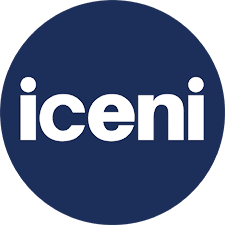Whether it is embedding health principles more in planning decisions or equipping planners with the right skills to make well-informed decisions; it is certainly an exciting time for healthy placemaking.
Healthy Placemaking for Future Generations
Whether it is embedding health principles more in planning decisions or equipping planners with the right skills to make well-informed decisions; it is certainly an exciting time for healthy placemaking.
There is a long-established link between planning and health, dating back to when the planning system evolved to address poor health in our towns and cities. It came into being at the same time as the NHS and both systems evolved following the experiences of WWII when there was a desire to move society forward after the long war years.
In this post-pandemic recovery period, we are seeing once again a real desire for a fairer, more people-focused society. In various built environment specialisms there is a greater focus on healthy placemaking; be it through work undertaken by the Royal Town Planning Institute (RTPI); the Royal Institute of British Architects (RIBA) or through the NHS Healthy New Towns Initiative. There is a growing awareness of the role the planning system has in improving population health.
At Iceni, our mission is to improve the lives of the people we meet and those that follow; creating great cities for great people. With people and their communities at the heart of what we do, it stands to reason, that a key part of this is seeking to ensure that new developments are designed collaboratively. Also, that the public are engaged in the process and that we all understand that healthy places create healthy people who in turn contribute and build a healthy economy.
We also try to follow this mindset internally and we were delighted that the judges in this year’s RTPI Planning Awards commended Iceni for our approach to staff wellbeing.
There is real opportunity, post-pandemic, to keep joining the dots. We are seeing great leaps in innovation and data being used to help shape decision-making. There is more information about how buildings and places impact human health. This is coupled with a focus and awareness from investors, building owners, occupiers, and users who want to understand what benefits and what harms our health.
This, coupled with the fact that the economic shock we are living through is fundamentally a health-related crisis; creates a unique time to keep placing together the jigsaw pieces to see that health and wellbeing are a key consideration when designing new places.
At Iceni, with our Design, Planning, Transport, Engagement, Impact and Sustainability specialisms, coupled with our Futures lens (which seeks opportunities arising from change) we are in a good position when it comes to considering these matters.
Given that we are all in this together and a healthy, happy workforce and community is better for the economy, it’s a good time to see what further opportunities exist. Whether this is embedding health principles more in design codes and planning decisions or equipping planners with the right skills to make well-informed decisions; it is certainly an exciting time for healthy placemaking.

